Dr Baker and his team at the Cara Phelan Centre for Trauma Research are internationally recognized for their research into the relationship between trauma and inflammation – work that is essential to developing therapies that will enable brain-injured patients recover more fully and have a higher quality of life. His major research interests include quality of care in critical care and blood and blood substitute resuscitation of brain injury. Dr Baker holds several directorships at St Michael’s Hospital. Dr Baker is a member of the Core Committee of the Collaborative Program in Resuscitation Sciences (CPRS) and on the planning committee for Resuscitatation in Motion 2012.

Peter Brindley is first and foremost, a full-time Critical Care Physician. His clinical duties involve both General Systems Intensive Care and Neuro Sciences Intensive Care. Academically, Peter is a Professor in Critical Care and an Adjunct Professor in Ethics. His publications centre on resuscitation; its education and its ethics. These include prognostication; the use of simulation, and the importance of crisis management and human factors. Peter is a founding member of the Canadian Resuscitation Institute, its current vice-chair, and a current advisor to several national and international education groups. He is a former Medical Lead for Simulation; a former Education Lead for his University School, and a former Program Director. Peter’s greatest achievements are two little kids, in whom he delights. These wise critics care little about what titles he may or may not hold.
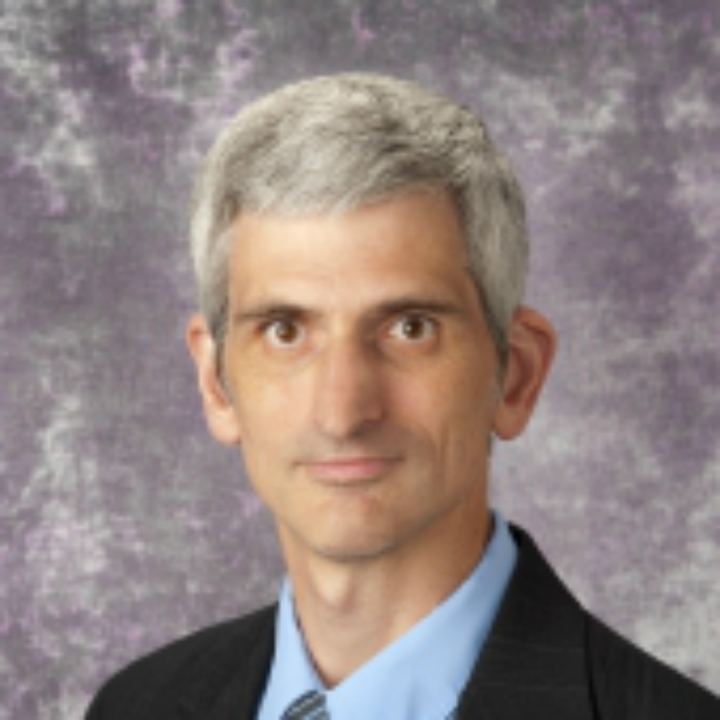
Cliff Callaway studies resuscitation medicine with special emphasis on brain injury after cardiac arrest. He has developed a translational research program devoted to the topic of resuscitation from sudden death. Emphasizing the continuity of care during resuscitation, he has collaborated with prehospital care providers and emergency physicians to study acute cardiac interventions, developed a platform to study intensive care interventions, and worked with partners in rehabilitation to study long-term outcomes after cardiac arrest. Work in prehospital care has led to studies about acute monitoring and regionalization of care. Work with emergency providers has stimulated interest in provider safety and wellness, particularly related to shift-work and sleep deprivation. Basic laboratory investigations support and are informed by this clinical work.
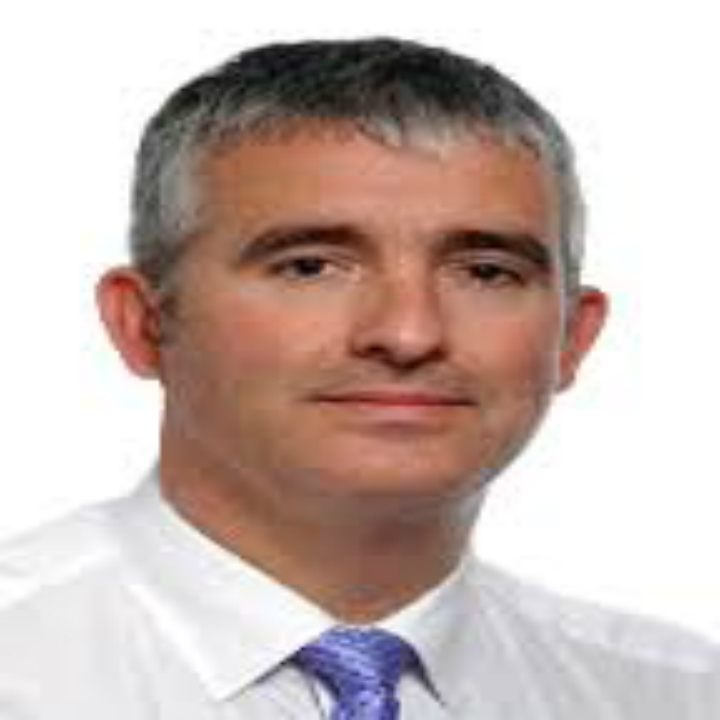
Brian Cuthbertson is Chief of the Department of Critical Care Medicine at Sunnybrook Health Sciences Centre and Professor in the Interdepartmental Division of Critical Care Medicine at the University of Toronto. He is also an Honorary Professor of Critical Care Medicine at the University of Aberdeen. His research interests include improving outcomes from critical illness and major surgery. He has over 100 peer-reviewed publications and $10million of research grants as well as playing a leading role in a number of key clinical guidelines.
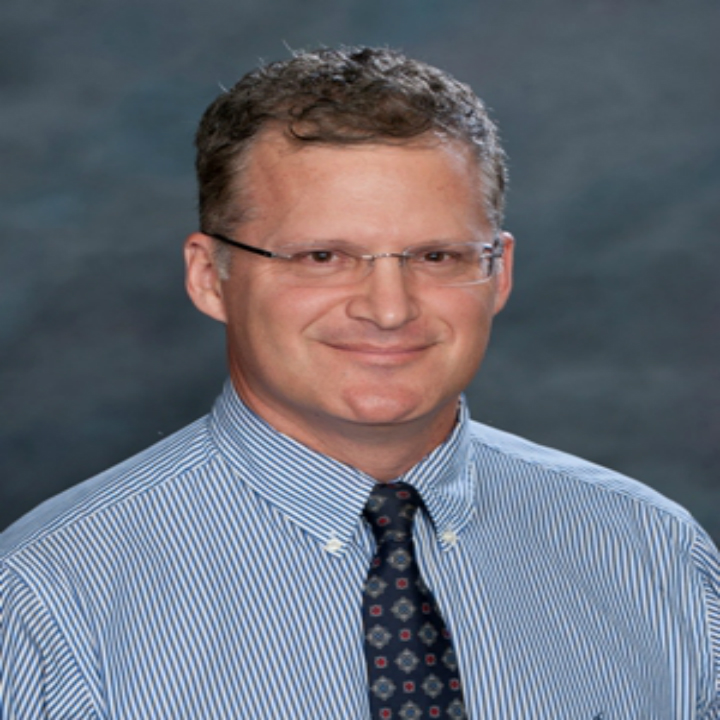
Dr. Brooks is a Clinician-Scientist and Emergency Physician in the Department of Emergency Medicine at Queen’s University. He is also a Li Ka Shing Knowledge Institute Scientist at St. Michael’s in Toronto. Dr. Brooks conducts research in the areas of cardiac arrest and resuscitation. Specifically, his research is focused around methods of improving bystander resuscitation for victims of out of hospital cardiac arrest and the quality of care for patients admitted to hospital after cardiac arrest. He represents the Heart and Stroke Foundation of Canada as a member of the Advanced Cardiac Life Support Taskforce of the International Liaison Committee for Resuscitation and is a member of the Emergency Cardiovascular Care Science Subcomittee of the American Heart Association. He lives in Kingston with his wife Marie and sons Nathan, Malcolm and Bradley.
Douglas Campbell graduated in medicine from the University of Calgary in 1997 and completed his residency at the Hospital for Sick Children in Toronto in 2001. In 2003, he completed a neonatal fellowship at the University of Toronto.
He joined St. Michael’s Hospital in 2003 where he is currently the director of the neonatal intensive care unit and deputy chief pediatrics. He is also an assistant professor, department of pediatrics at the University of Toronto.
Dr. Campbell received simulation training at Stanford University and is a simulation lead at the University of Toronto’s division of neonatal-perinatal medicine. He is a member of the Canadian Pediatric Society National Resuscitation Program executive committee and research committee.
In 2012, Dr. Campbell was awarded the Marvin Gerstein Award chosen by the pediatric residents of the University of Toronto for outstanding teaching
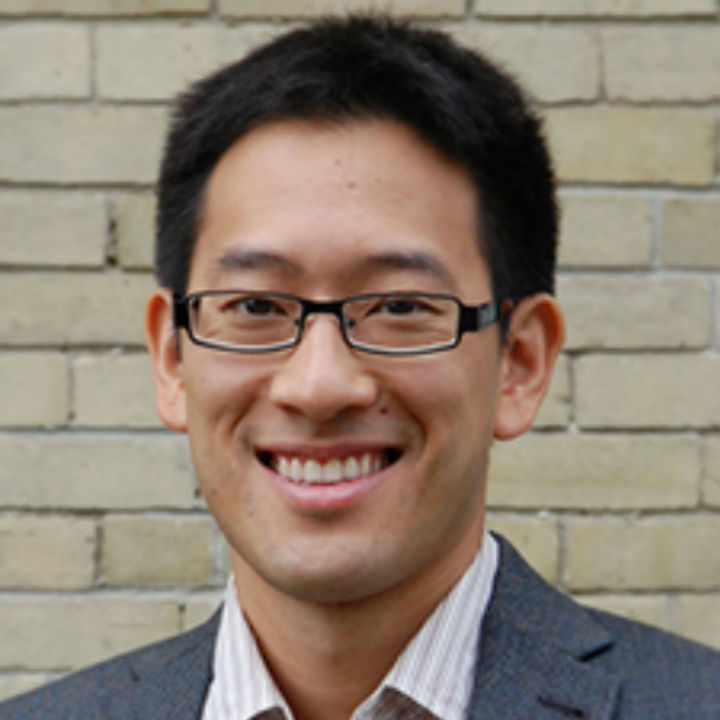
Dr Chan holds a PhD in Operations Research from the Massachusetts Institute of Technology. He joined the Department of Mechanical and Industrial Engineering at U of T in 2009. His primary research interests are in optimization under uncertainty and the application of optimization methods in areas such as radiation therapy, health care operations and sustainability. Before coming to Toronto he was an Associate in the Chicago office of McKinsey and Co., a global management consulting firm, where he advised leading companies in the fields of medical devices, among other things.
Dr Sheldon Cheskes is an Assistant Professor in the Department of Family and Community Medicine, Division of Emergency Medicine at the University Of Toronto having graduated in 1984. He is currently the Medical Director for the Sunnybrook Centre for Pre Hospital Medicine for the Regions of Peel and Halton. He was formerly the Deputy Chief, Emergency Medicine, Peel Memorial Hospital, Brampton Ontario from 1989-2006. He is currently the CO Principal Investigator for the Toronto Site of the Resuscitation Outcomes Consortium and has a research appointment as a collaborating investigator at the Li Ka Shing Knowledge Institute, St. Michaels Hospital, University of Toronto. His research areas of interest are cardiac arrest resuscitation and prehospital systems of STEMI care.

Dr. Ellen Deutsch is Director of Simulation and Systems Integration, and Director of Peri-Operative Simulation at the Children’s Hospital of Philadelphia, University of Pennsylvania Perelman School of Medicine. Following a successful 20 year academic-clinician career practicing Pediatric Otolaryngology, she has transitioned to full time responsibility for the development of simulation for Anesthesiologists, Surgeons, Nurses, and related peri-operative personnel, as well as for developing synergies between the institution’s simulation and safety objectives. She has authored more than 45 peer-reviewed manuscripts, two dozen chapters, numerous courses and alternative media presentations, and delivered more than 100 invited lectures at local, regional, national and international meetings. Dr. Deutsch is a recognized expert in Simulation Education, well integrated to have influence in the future direction of the evolving specialty. She has developed and implemented numerous innovative and effective simulation based courses and programs, including simulation-based workshops, intensive full day “boot camps” and train-the-trainer courses.
Dr Dorian is a staff cardiologist and director of the Division of Cardiology at the University of Toronto. He has an interest in a subspecialty of cardiology that focuses on instabilities in heart rhythm, known as arrhythmias. Dr Dorian’s specific focus is on developing ways to prevent and treat arrhythmias. This includes using electrical devices to treat disturbances, new drugs to prevent and treat this condition and the development of better methods of resuscitation for patients whose disturbances cause cardiac arrest. Dr. Dorian is a staunch believer in the power of investigative partnerships and the translational approach to research and clinical care, in which “researchers and clinicians work side-by-side in mutual collaboration and cooperation”. Dr Dorian is a member of the Core Committee of the Collaborative Program in Resuscitation Sciences (CPRS).

Judith is a clinical epidemiologist currently undertaking research in resuscitation, pre-hospital and emergency care. She is the Co-Director of the Pre-hospital, Resuscitation and Emergency Care Research Unit (PRECRU) at Curtin University (Perth) and the Director of the Australian Resuscitation Outcomes Consortium (Aus-ROC) in the School of Public Health and Preventive Medicine at Monash University (Melbourne). Aus-ROC is a NHMRC Centre of Research Excellence (Australia), modeled on the North American Resuscitation Outcomes Consortium (ROC). Aus-ROC began as a research collaboration between three Universities and three Ambulance Services, across three states of Australia, but is seeking to promote a research agenda in resuscitation science across Australia and New Zealand. Judith was originally a critical care registered nurse and midwife who completed a PhD in epidemiology in 2002 – that investigated the prognostic determinants of out-of-hospital cardiac arrest. Judith holds the position of Professorial Research Fellow at St John Ambulance Western Australia. Her current research involves epidemiologic studies of prehospital clinical care and cardiac arrest outcomes using linked health data; as well as the conduct of prehospital clinical trials. Judith is also the current co-chair of the ILCOR “Education, Implementation & Teams” Taskforce.

Dr. Ilana Gombos received her MSc from the Department of Medical Biophysics and her PhD from the Department of Physiology, at the University of Toronto. Dr. Gombos’ doctoral work focused on the regulation and function of the Cystic Fibrosis Transmembrane Conductance Regulator (CFTR) protein.
In 2001, Dr. Gombos joined CIHR and in 2003 became the Assistant Director of the CIHR-Institute of Gender and Health. She assumed her current position at ICRH in 2006. In her role as the Assistant Director, Dr. Gombos has worked extensively with the research communities as well as national and international stakeholders to identify research needs and opportunities and develop successful research programs.
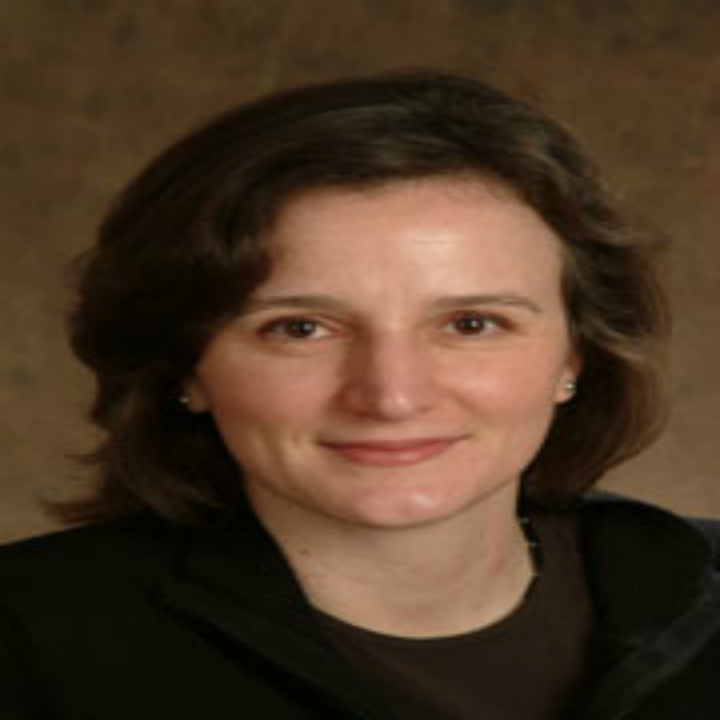
Dr Anne-Marie Guerguerian obtained her medical degree and residency training in Pediatrics from the Université de Montréal and her training in Pediatric Critical Care Medicine from the Hopital Ste-Justine and the Hospital for Sick Children before pursuing a post-doctoral fellowship in the Department of Anesthesiology & Critical Care Medicine at Johns Hopkins University. She obtained her PhD from the Bloomberg School of Public Health at Johns Hopkins University. Dr Guerguerian’s program of research aims to bridge the gap between preclinical research models of neuroprotection and clinical research in critically ill children. Her area of investigation focuses on research design and methods evaluating cerebral physiology and metabolism of the injured developing brain during critical illness. Dr Guerguerian is Co-Director of the ECLS/AT (Extracorporeal Life Support / Advanced Technologies) Leadership Committee and Medical Director of the ECMO Performance Improvement Program at the Hospital for Sick Children.
Dr. Mamdani is the Director of the Applied Health Research Centre (AHRC), the Keenan Research Centre, Li Ka Shing Knowledge Institute of St. Michael’s Hospital in Toronto. He is also Professor in the Leslie Dan Faculty of Pharmacy and in the Dept of Health Policy, Management and Evaluation of the Faculty of Medicine, where he supervises graduate students and an adjunct Scientist at the Institute for Clinical Evaluative Sciences (ICES). Prior to joining the Li Ka Shing Knowledge Institute and St. Michael’s Hospital, Dr. Mamdani was a Director of Outcomes Research at Pfizer Global Pharmaceuticals in New York. In 2010 he was named among Canada’s ‘Top 40 Under 40′. Dr. Mamdani’s research interests include pharmacoepidemiology, pharmacoeconomics, and drug policy. He has published nearly 300 research studies in peer-reviewed medical journals. Dr. Mamdani obtained a Doctor of Pharmacy degree (PharmD) from the University of Michigan (Ann Arbor) and subsequently completed a fellowship in pharmacoeconomics and outcomes res earch at the Detroit Medical Center. During his fellowship, Dr. Mamdani obtained a Master of Arts degree in Economics from Wayne State University in Detroit, Michigan. He then completed a Master of Public Health degree from Harvard University with a concentration in quantitative methods, focusing on biostatistics and epidemiological principles.

James J. Menegazzi, PhD, is a Professor of Emergency Medicine with tenure and Department of Emergency Medicine Endowed Professor of Resuscitation Research. He holds secondary appointments in the University’s Department of Bioengineering and the Clinical and Translational Science Institute. He is also an Associate Scientist at the Safar Center for Resuscitation Research. The focus of Dr Menegazzi’s work is resuscitation of cardiac arrest. He has done pioneering work analyzing the ECG waveform during ventricular fibrillation, demonstrating that quantitative waveform measures can be used to guide therapy. He has investigated novel approaches to treating prolonged cardiac arrest such as the use of drug cocktails, and extracorporeal membrane oxygenation (ECMO) cardiac life support (ECLS). He developed the two-thumb with thoracic squeeze method of infant chest compression that is currently recommended by the American Heart Association. Dr. Menegazzi is presently conducting research on the phenomenon of rearrest in patients who attain return of spontaneous circulation during out-of-hospital cardiac arrest. His work is funded primarily by the National Heart, Lung, and Blood Institute. Dr Menegazzi is the editor in chief of the journal PreHopsital Emergency Care.
Dr. Morrison is the Robert & Dorothy Pitts Research Chair in Acute Care & Emergency Medicine, Professor and Clinician Scientist in the Division of Emergency Medicine, Department of Medicine at the University of Toronto and Li Ka Shing Knowledge Institute at St Michael’s Hospital. She is the Director of Rescu, a resuscitation research program focusing on the evaluation and implementation of prehospital and transport medicine time sensitive interventions in acute emergencies (www.rescu.ca). She conducts systematic reviews and meta-analyses in topics pertaining to Acute Coronary Syndrome and Resuscitation and has established a collaborative network to conduct randomized controlled trials and outcome validation studies in prehospital resuscitation research. She is a US National Institute of Health, Canadian Institute of Health Research and Heart and Stroke Canada funded investigator within the Resuscitation Outcomes Consortium. She is a past Chair and current member of the Advanced Cardiac Life Support committee of the American Heart Association and on the Editorial Board of the 2010 guidelines in Resuscitation as the Co-Chair of the International Liaison Committee of Resuscitation Advance Life Support Taskforce in 2010. She is the past chair of the Research and Policy Planning Advisory Committee for Heart and Stroke Canada. She was born and educated in Peterborough Ontario, completed her undergraduate at Queens and her medical degree at McMaster. She has received the Canadian Medical Association award in mentorship; the May Cohen Award and was recently celebrated for excellence in mentorship at U of T with the Department of Medicine Bob Hyland Aw

Robert Niskanen has been active in biomedical engineering for more than 30 years with primary professional interests centering on resuscitation, emergency medicine and cardiovascular disease. Through Resurgent Biomedical, Bob consults for several medical device companies – all related to improving survival from sudden cardiac arrest. Prior to starting Resurgent Biomedical Consulting, Bob was a Senior Principal Scientist at Physio-Control in Redmond, Washington for more than 25 years. As the Director of Research and then VP of Clinical Research, he was involved in both technical and clinical research in CPR, defibrillation, ventilation, acute myocardial infarction triage, and medical data management.
Bob is also Cofounder and Chairman of the Board at Take Heart AmericaTM Sudden Cardiac Arrest Initiative, pioneering the systems-based approach to improving survival from sudden cardiac arrest (www.takeheartamerica.org). He delights in working with engineers, scientists, physicians, researchers, business professionals, and others to solve problems in emergency medicine. He is convinced that dramatic improvements can and will be made in the survival rate of sudden cardiac arrest through collaboration. Bob is active with a number of professional organizations including the National Association of EMS Physicians, Society for Academic Emergency Medicine, American College of Emergency Physicians, AHA, European Resuscitation Council, Citizen CPR, Sudden Cardiac Arrest Foundation, and Take Heart AmericaTM.
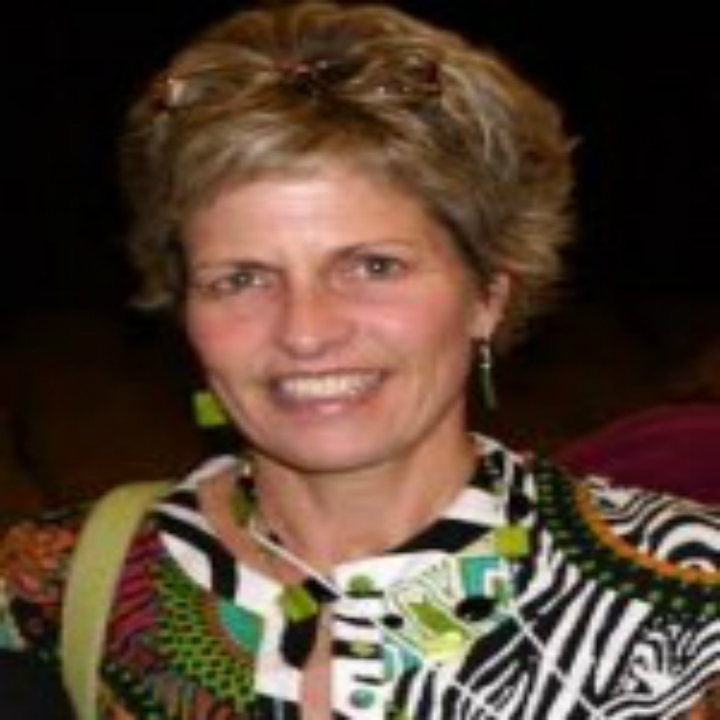
At U of T Nursing, Dr. Monica Parry is the Director of the Nurse Practitioner Programs. In response to student demand for a practice-focused global health graduate program, Dr. Parry assisted in developing the innovative Primary Health Care – Global Health area of emphasis in the NP program.
Her program of research includes supportive care measures to improve the health outcomes for individuals with chronic disease. Dr. Parry is researching the use of impedance cardiography to improve health outcomes in individuals with heart failure. She has investigated the use of peer support and advanced practice nursing interventions to improve health-related quality of life, function, pain and depressive symptoms in men and women with cardiovascular disease. As well, she is developing a model of care using peer support strategies to prevent type 2 diabetes.
Dr. Parry is an investigator with the Toronto Health Economics and Technology Assessment (THETA) Collaborative, a multidisciplinary research collaboration based at U of T. Dr. Parry continues to practise as a nurse practitioner in cardiac surgery at a tertiary care hospital in southeastern Ontario.
Dr Parsons obtained her PhD in Medical Science from the University of Toronto. She is a Scientist in the Keenan Research Centre of the Li Ka Shing Knowledge Institute and a Staff Research Scientist in the Applied Health Research Centre at St Michael’s Hospital. Dr Parson’s research is focused on applying qualitative methodologies to a variety of health care issues and her interests range from knowledge translation and health services research, to narrative and film-based methods and social determinants of health.
Ori Rotstein is Professor of Surgery and Associate Chair of the Department of Surgery, University of Toronto. He has been Surgeon-in-Chief at St. Michael’s Hospital and Medical Director of Oncology Services at St. Michael’s Hospital since 2004. In 2010 he became the Associate Director, Basic Science Research, Li Ka Shing Knowledge Institute, St. Michael’s Hospital, and an Adjunct Professor, Department of Electrical and Computer Engineering, Ryerson University. He is the former Director of the Institute of Medical Science, University of Toronto, a graduate unit of the School of Graduate Studies. In August 2011 he was honoured by the IMS with the Ori Rotstein Lectureship in Translational Research. Dr Rotstein is a widely acknowledged expert in the management of Intra-abdominal infection and inflammation. He continues his basic research work in the area of cellular activation during shock resuscitation and has evaluated several novel approaches to preventing injury, including the use of Redox manipulating drugs, as well as hypertonic solutions.

Gordon Rubenfeld is the inaugural Chief of the Program in Trauma, Emergency, and Critical Care at Sunnybrook Health Sciences Centre and Professor of Medicine at the University of Toronto. Dr. Rubenfeld received his undergraduate degree in Philosophy and Comparative Literature at Johns Hopkins University; his medical degree from Jefferson Medical College; his internal medicine training at Duke University; and pulmonary and critical care training at the University of Washington. He received additional research training in clinical epidemiology as a Robert Wood Johnson Clinical Scholar at UCSF. He served on numerous professional society committees for the American Thoracic Society including the Bioethics, Critical Care Long Range Planning, Health Policy, and as Chair of the Critical Care Assembly. He directed the Advanced Clinical Research section of the Methods in Epidemiologic, Clinical and Operations Research course administered by the ATS. He served on the editorial boards of the American Journal of Respiratory and Critical Care Medicine, Respiratory Care, the Journal of Critical Care, Critical Care, and Lancet-Respiratory Medicine. Dr. Rubenfeld’s research focuses on the clinical epidemiology and outcomes of critical illness syndromes, the transfer of evidence into clinical practice, and end-of-life care issues in the ICU. His research is funded primarily by the National Institutes of Health. He served on numerous advisory panels and consensus groups in critical care including the American European Consensus Conference on Acute Lung Injury, the working group that developed the Berlin ARDS Definition, and the Surviving Sepsis guideline committee. He has served on study sections for the National Institutes of Health and the Canadian Institutes of Health Research. Ongoing projects include a cluster randomized trial of interventions to increase use of lung protective ventilation in patients with acute lung injury and a randomized trial to improve long-term outcomes in survivors of prolonged mechanical ventilation.
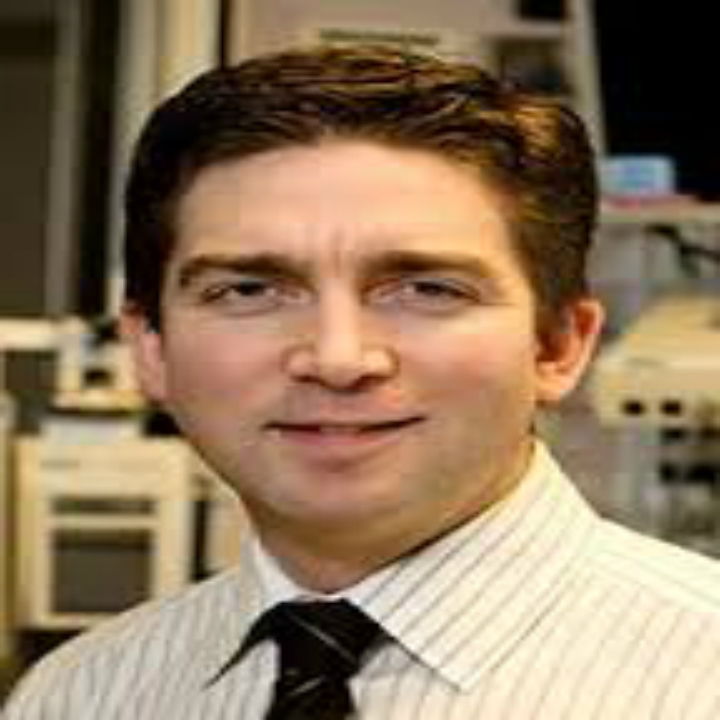
r Scales graduated from the University of Toronto (UofT) in 1997. Following residencies in Internal Medicine (2001) and Critical Care Medicine (2003) in Toronto, he completed a PhD in Clinical Epidemiology and Health Care Research (UofT) in 2007. He is now an Assistant Professor of Medicine at the University of Toronto, Staff Intensivist at the Sunnybrook Health Sciences Centre, Scientist at the Sunnybrook Research Institute, and an Adjunct Scientist at the Institute for Clinical Evaluative Sciences. He is also the Program Director of the University of Toronto Adult Critical Care Medicine Residency program. Dr Scales is also the physician lead of the ‘ICU Clinical Best Practices Demonstration Project’ (Ontario Ministry of Health and Long-term Care, Critical Care Strategy). This cluster randomized trial aims to improve patient safety and quality of care across a network of 16 ICUs. Dr Scales is now conducting (as PI) a stepped-wedge cluster RCT to improve the application of evidence-based neuroprognostication for cardiac arrest survivors (PremaTOR; funded by HSF) and also an individual patient RCT (as PI) of pre-hospital cooling by paramedics of cardiac arrest victims (ICE-PACS, funded b
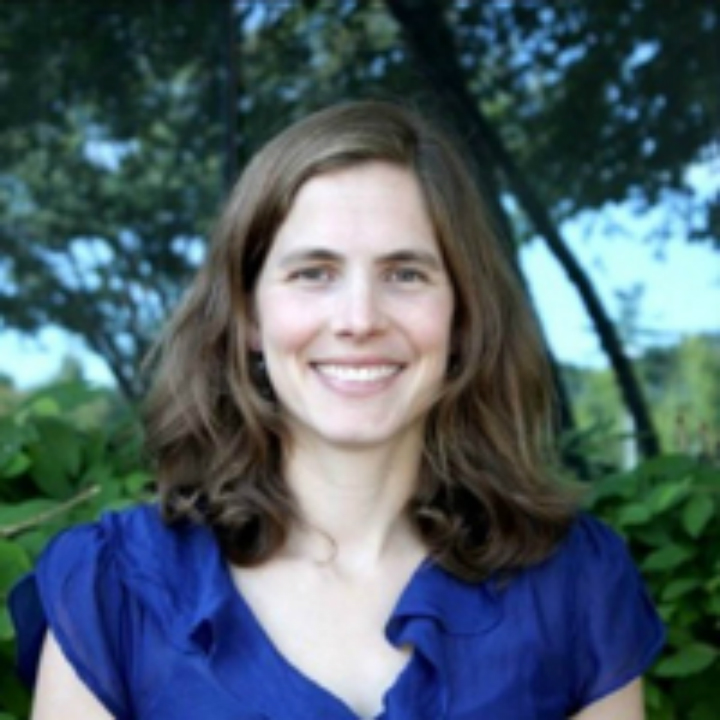
Annemarie Silver earned a master’s degree in Kinesiology and Applied Physiology as well as a doctorate in Integrative Physiology from the University of Colorado at Boulder. Dr. Silver worked as a postdoctoral fellow at Boston University and as a professor at Assumption College prior to joining ZOLL. At ZOLL, Dr. Silver performs clinical research studies, works on product development projects, and develops intellectual property.

Ian Stiell is currently Chair of the Department of Emergency Medicine, Distinguished Professor and University Health Research Chair, University of Ottawa, and Senior Scientist of the Clinical Epidemiology Program, Ottawa Hospital Research Institute. Dr Stiell leads a productive team of Emergency Medicine researchers and heads a very active Emergency Medicine Research Fellowship. He presently holds and has held millions of dollars of peer-reviewed funding and has published 271 peer-reviewed papers including 26 in very high impact journals. His major research initiatives have been in two main areas within the field of emergency health services: a) development of clinical decision rules, and b) resuscitation clinical trials. Dr Stiell developed the Ottawa Ankle Rules and Canadian C-Spine Rule and was the Principal Investigator for the landmark OPALS Studies for prehospital care. He is also the Principal Investigator for one of three Canadian sites in the Resuscitation Outcomes Consortium (ROC).